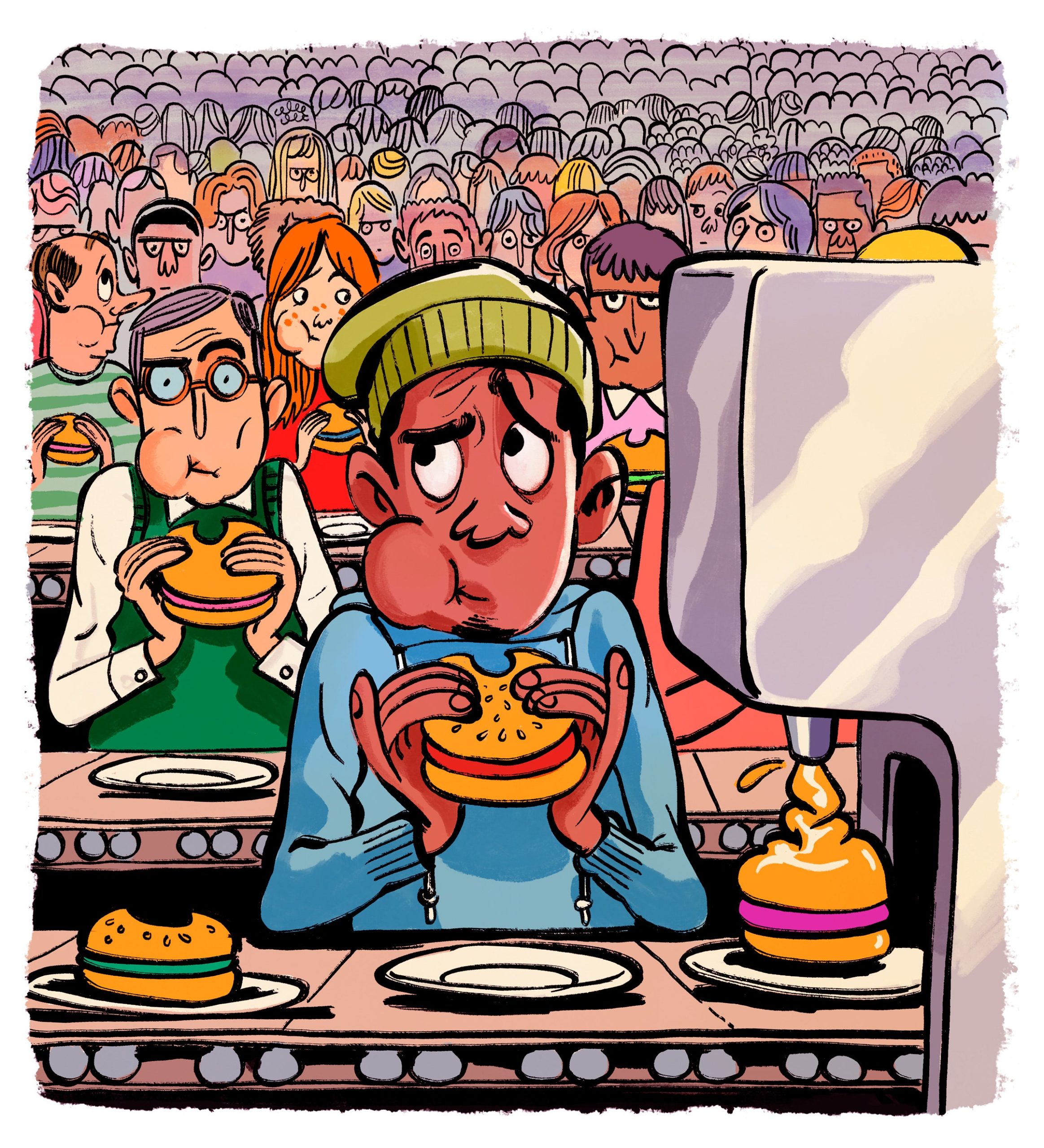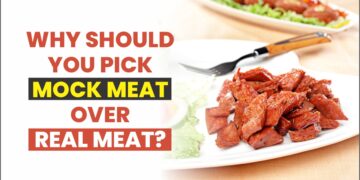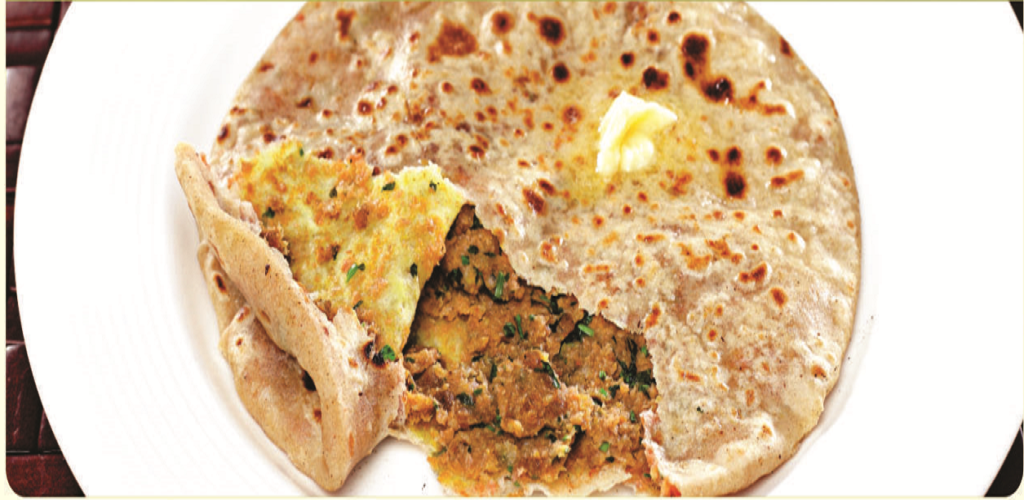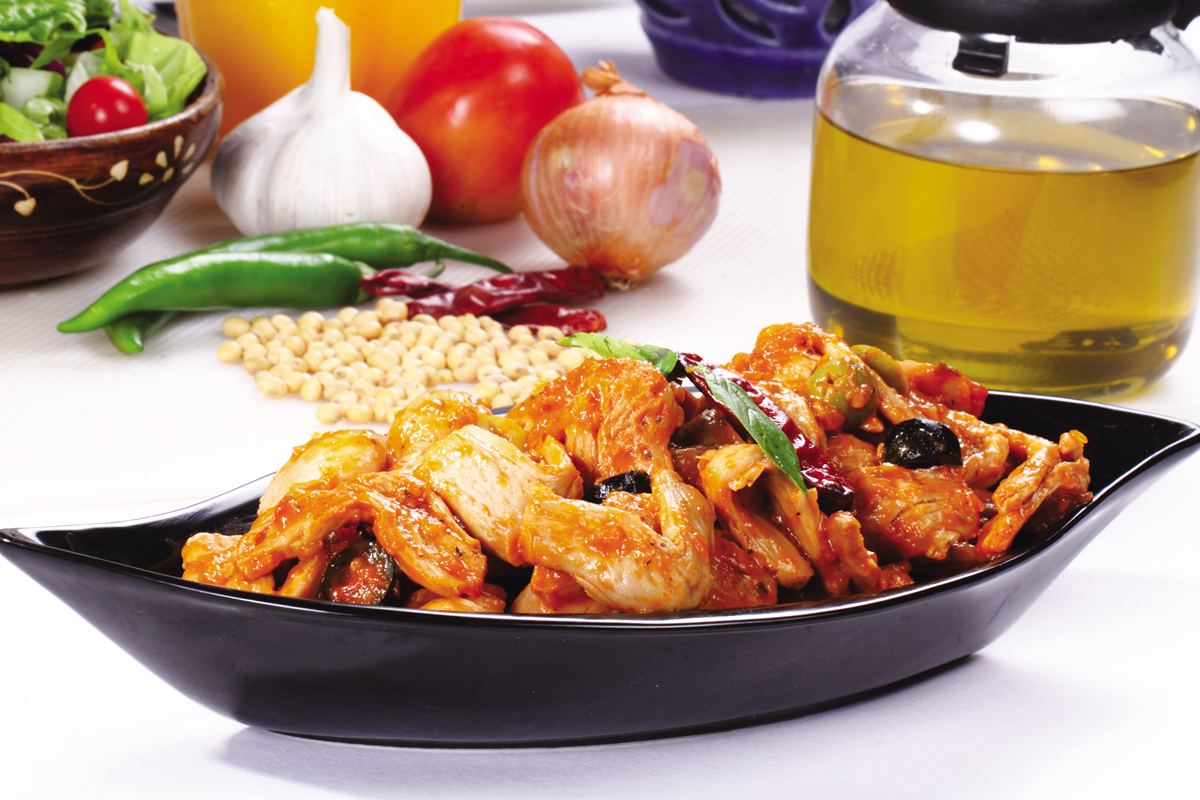RECENTLY I ROLLED into a local restaurant to try an Impossible Burger, an all-plant patty invented by the Silicon Valley startup Impossible Foods. It’s renowned for having an eerily chewy, even bloody, meat like quality, a startling verisimilitude that has made it “perhaps the country’s most famous burger,” as New York magazine recently wrote. One bite into its gorgeous, smoky flavor and, damn, I was convinced.
Soya Product Manufacturers, Soya Recipes, Vegetarian Soya – Vezlay
This is good news, because the time has come to scale up fake meat, fast. Why? Because in the fight to stave off climate change, meat replacement is—forgive me—one of the lowest-hanging fruits.
Meat production chews up land and spews out methane by the kiloton, accounting for about two-thirds of all greenhouse gas emissions from agriculture. A University of Oxford study recently found that, to keep global warming below 2 degrees this century, we need to be eating 75 percent less beef and 90 percent less pork globally. “Without concentrated change, we really risk exceeding key environmental limits,” Marco Springmann, one of the Oxford researchers, warns me.
Diets are culturally enshrined, so changing them will be hard. Mock Meat can help camouflage that epic transformation as a mere tweak.
Frozen Veg Chicken | Mock Meat | Chicken Substitute – Vezlay Foods
Still, even the most uncanny substitutes for meat face an uphill slog if they’re going to replace 75 to 90 percent of beef and pork. The first taste of an Impossible Burger—a moment when low expectations work a powerful magic in the product’s favor—is one thing. But how do you keep meat-eaters asking for more after their sixth, and their 26th?
Fortunately, the science here is firing on all pistons. Impossible Foods owes much of its appeal to a bioengineering process that cranks out big, blood-red tanks of “heme,” a crucial molecule that gives veggie meat “that slightly metallic bloody flavor,” as David Lipman, chief science officer of Impossible Foods, tells me. Meanwhile, “cultured meat,” created by growing actual animal cells in a vat, is moving toward viability. In New York, the nerds at Ocean Hugger Foods have engineered a process to transform tomatoes into mock tuna. And over in the Netherlands, a company called The Vegetarian Butcher is developing a Nespresso-style device: You pour in a bag of vegetable protein and out pops fabricated meat. The company aims to release it in two years.
Non Frozen Veg Chicken | Non Frozen Mock Meat – Vezlay
To get to true mass adoption, mock meat will need to compete favorably with the real thing on multiple fronts. Impossible Foods’ goal is to drive the price of its product below that of Safeway’s 80/20 hamburger meat, at which point people will simply vote with their wallets. The new industry also wants to improve on animal flesh in various ways. Those on-demand fabricators will outcompete traditional meat because “you won’t need to refrigerate it if you’re making it as you go,” cofounder Niko Koffeman says. That’d make unmeat an enormous boon for energy-poor developing regions. Plus, custom fabrication could improve choice. “You could have very soft and tender meat for elderly people,” Koffeman adds. “You could have a custom meat for whatever you need.”
We could speed this dietary shift with smart public policy too. Beginning in 2006, New York City cut the number of adults consuming one or more sugary drinks per day by 35 percent by running zingy public service campaigns and requiring the labeling of their hefty calorie counts in fast-food restaurants. Imagine similar measures promoting fake meat: “Save the planet, bite by bite.” Save your health too. (To say nothing of your conscience: Industrial-scale animal farming is an ethically ghastly enterprise.)
You can tell the world is shifting this way, because the ranchers are nervous. Last year, the US Cattlemen’s Association asked the government to define “meat” as a product “derived directly from animals.” That anxiety—and the sheer momentum of the science driving it—goes to show that this grand shift isn’t impossible.
Mock meat has many benefits, particularly for people looking to reduce their consumption of animal products. “Many of the new fake meats, the ones made typically with pea or soy, are “rich sources of protein and the amino acid lysine, which most plant foods lack, aside from legumes,” According to registered dietician Taylor Wolfram, MS, RDN, LDN, who specialises in veganism












